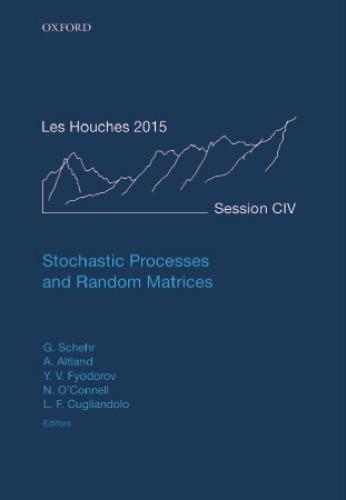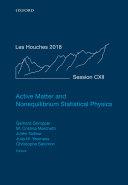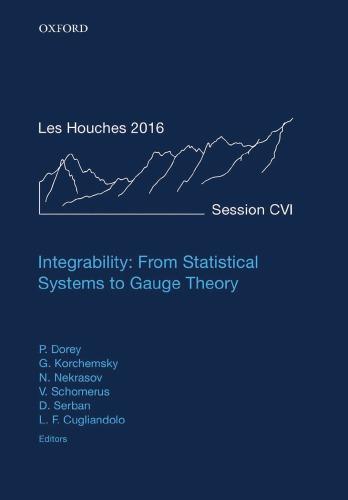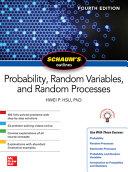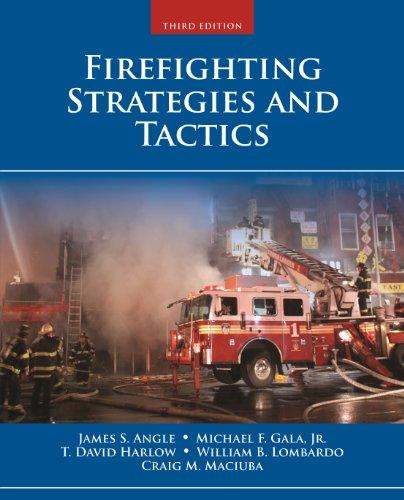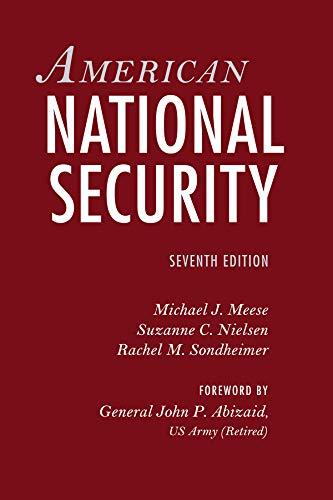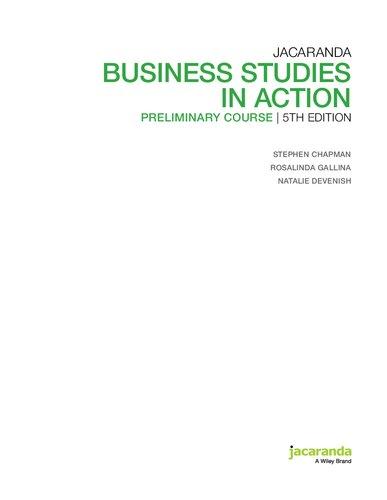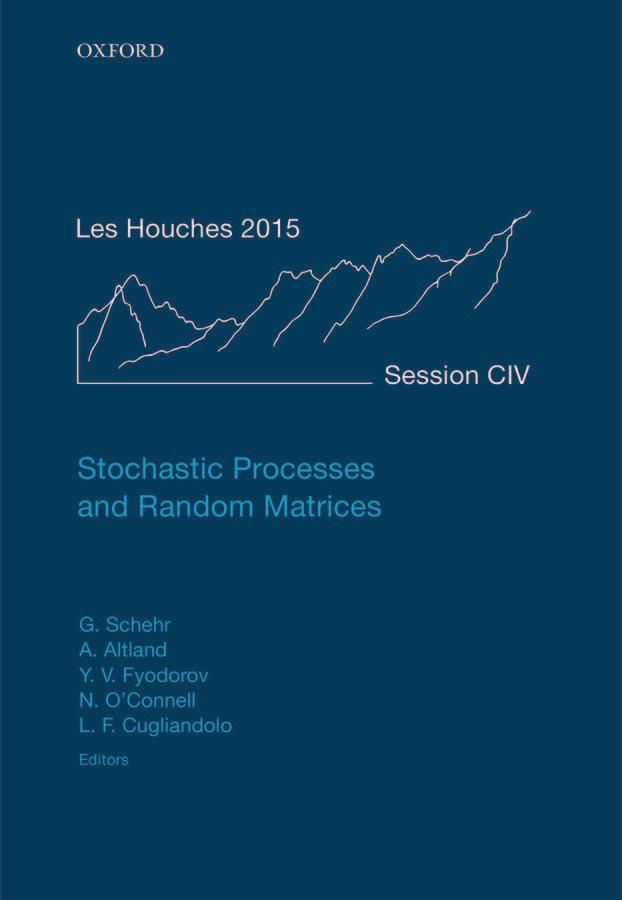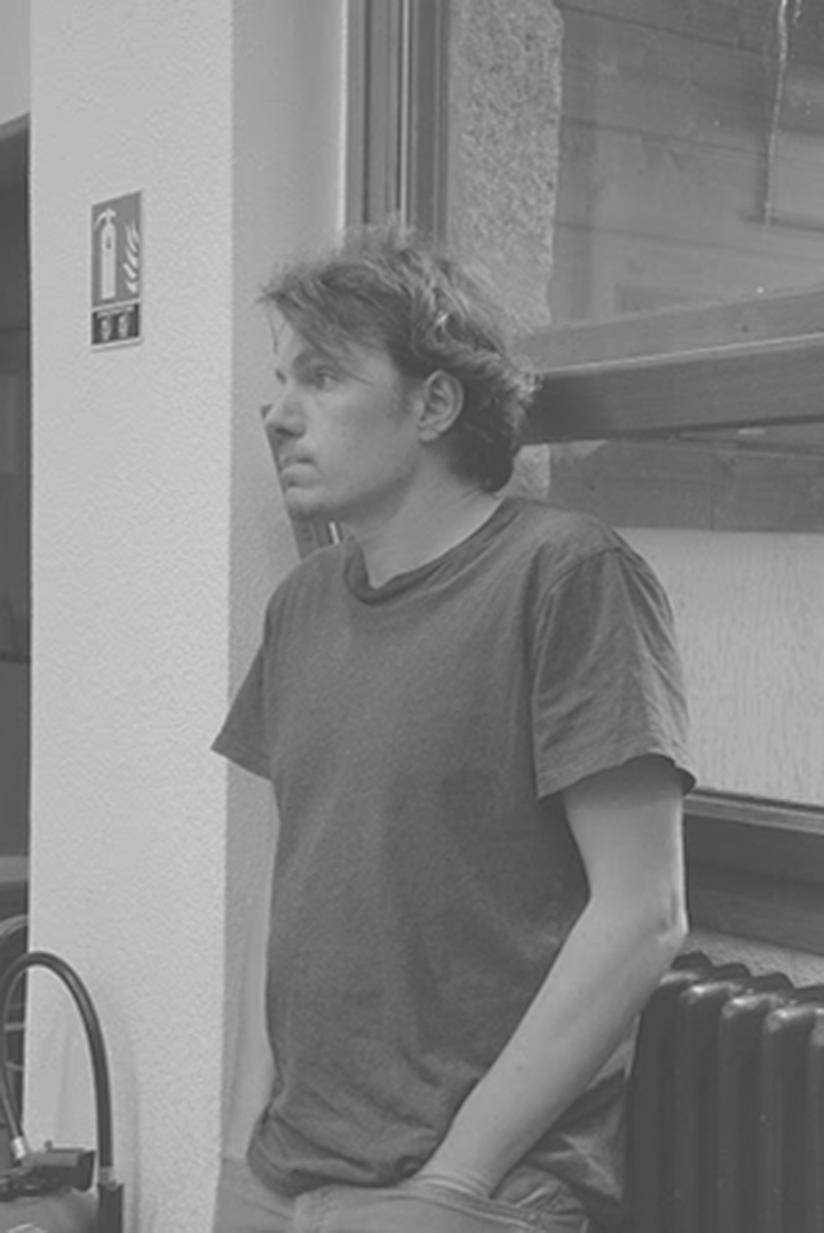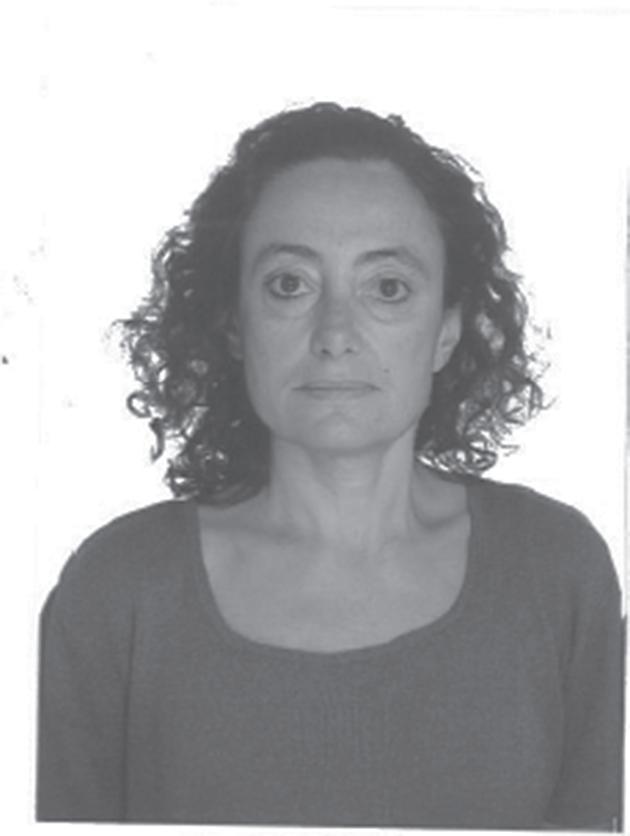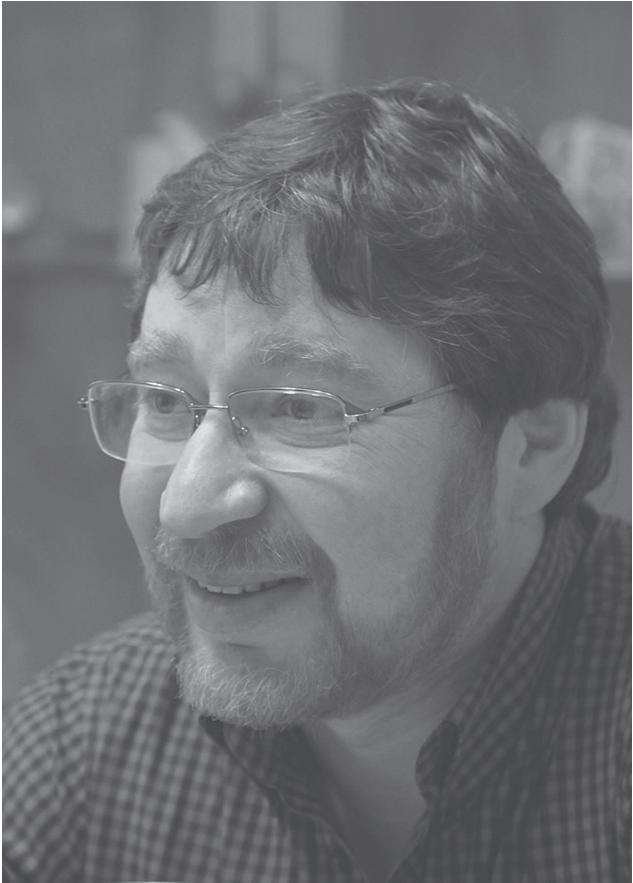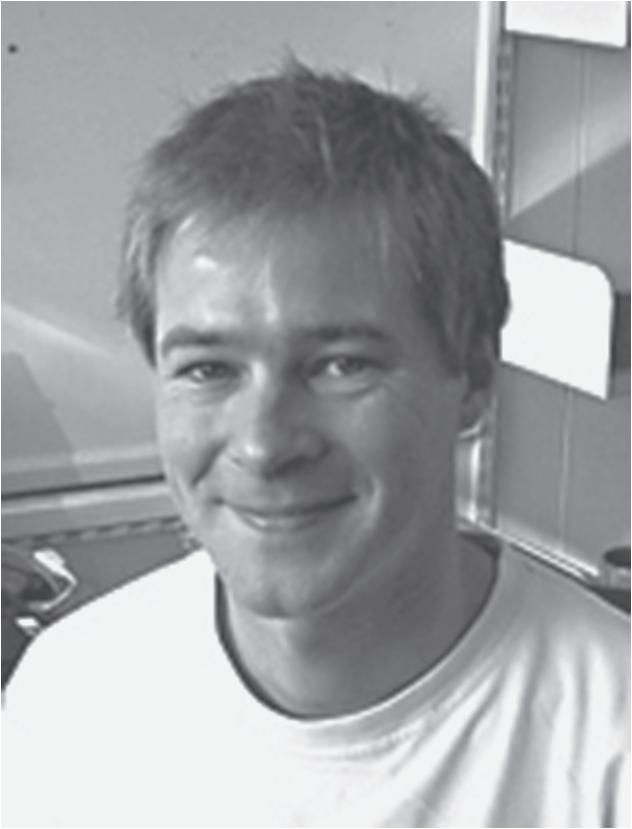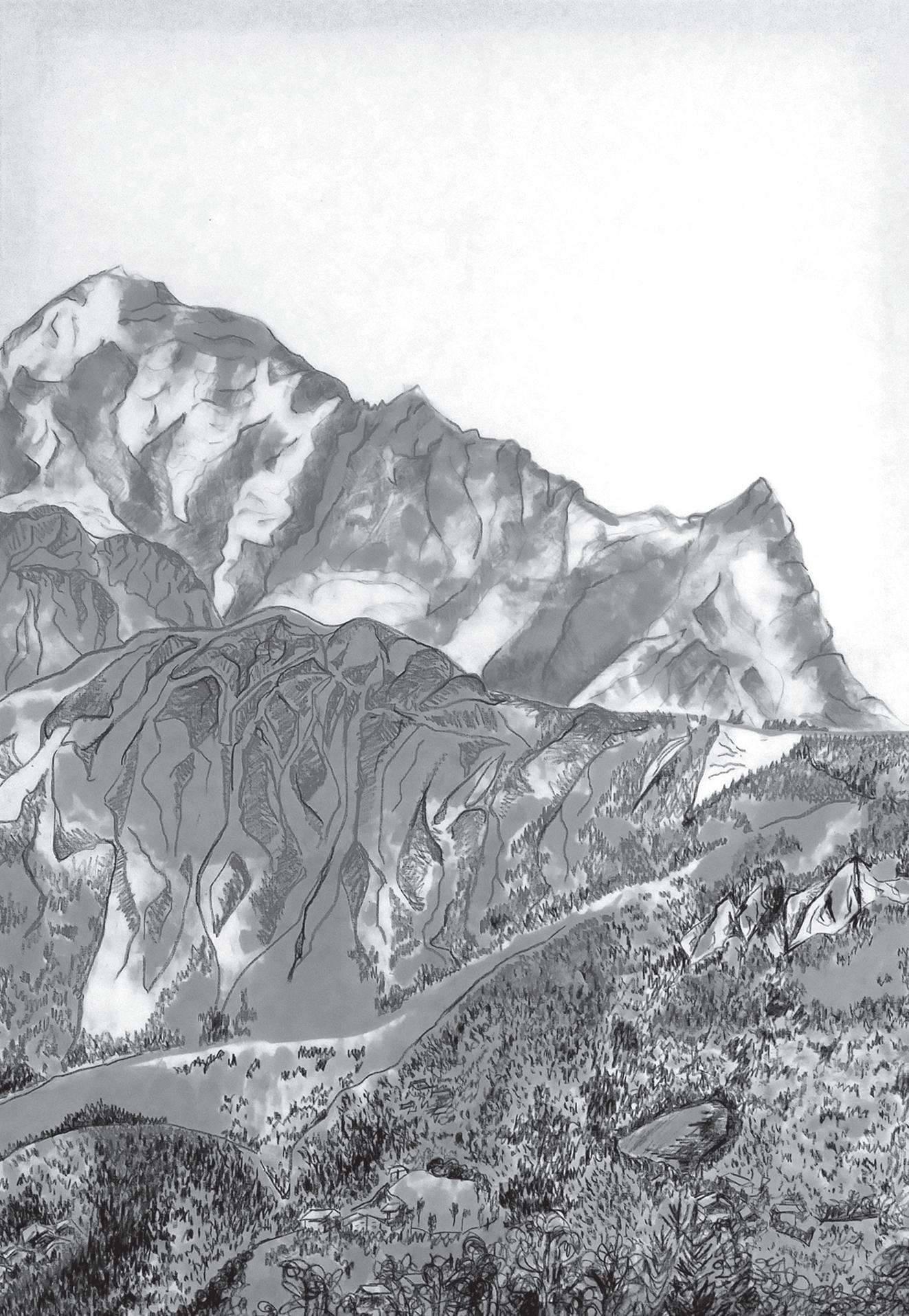Previoussessions
I1951Quantummechanics.Quantumfieldtheory
II1952Quantummechanics.Statisticalmechanics.Nuclearphysics
III1953Quantummechanics.Solidstatephysics.Statistical mechanics.Elementaryparticlephysics
IV1954Quantummechanics.Collisiontheory.Nucleon-nucleon interaction.Quantumelectrodynamics
V1955Quantummechanics.Nonequilibriumphenomena.Nuclear reactions.Interactionofanucleuswithatomicandmolecular fields
VI1956Quantumperturbationtheory.Lowtemperaturephysics. Quantumtheoryofsolids.Ferromagnetism
VII1957Scatteringtheory.Recentdevelopmentsinfieldtheory.Nuclear andstronginteractions.Experimentsinhighenergyphysics
VIII1958Themanybodyproblem
IX1959Thetheoryofneutralandionizedgases
X1960Elementaryparticlesanddispersionrelations
XI1961Lowtemperaturephysics
XII1962Geophysics;theearthsenvironment
XIII1963Relativitygroupsandtopology
XIV1964Quantumopticsandelectronics
XV1965Highenergyphysics
XVI1966Highenergyastrophysics
XVII1967Manybodyphysics
XVIII1968Nuclearphysics
XIX1969Physicalproblemsinbiologicalsystems
XX1970Statisticalmechanicsandquantumfieldtheory
XXI1971Particlephysics
XXII1972Plasmaphysics
XXIII1972Blackholes
XXIV1973Fluidsdynamics
XXV1973Molecularfluids
XXVI1974Atomicandmolecularphysicsandtheinterstellarmatter
XXVII1975Frontiersinlaserspectroscopy
XXVIII1975Methodsinfieldtheory
XXIX1976Weakandelectromagneticinteractionsathighenergy
XXX1977Nuclearphysicswithheavyionsandmesons
XXXI1978Illcondensedmatter
XXXII1979Membranesandintercellularcommunication
XXXIII1979Physicalcosmology
XXXIV1980Laserplasmainteraction
XXXV1980Physicsofdefects
XXXVI1981Chaoticbehaviorofdeterministicsystems
XXXVII1981Gaugetheoriesinhighenergyphysics
XXXVIII1982Newtrendsinatomicphysics
XXXIX1982Recentadvancesinfieldtheoryandstatisticalmechanics
XL1983Relativity,groupsandtopology
XLI1983Birthandinfancyofstars
XLII1984Cellularandmolecularaspectsofdevelopmentalbiology
XLIII1984Criticalphenomena,randomsystems,gaugetheories
XLIV1985Architectureoffundamentalinteractionsatshortdistances
XLV1985Signalprocessing
XLVI1986Chanceandmatter
XLVII1986Astrophysicalfluiddynamics
XLVIII1988Liquidsatinterfaces
XLIX1988Fields,stringsandcriticalphenomena
L1988Oceanographicandgeophysicaltomography
LI1989Liquids,freezingandglasstransition
LII1989Chaosandquantumphysics
LIII1990Fundamentalsystemsinquantumoptics
LIV1990Supernovae
LV1991Particlesinthenineties
LVI1991Stronglyinteractingfermionsandhigh Tc superconductivity
LVII1992Gravitationandquantizations
LVIII1992Progressinpictureprocessing
LIX1993Computationalfluiddynamics
LX1993Cosmologyandlargescalestructure
LXI1994Mesoscopicquantumphysics
LXII1994Fluctuatinggeometriesinstatisticalmechanicsandquantum fieldtheory
LXIII1995Quantumfluctuations
LXIV1995Quantumsymmetries
LXV1996Fromcelltobrain
LXVI1996Trendsinnuclearphysics,100yearslater
LXVII1997Modelingtheearthsclimateanditsvariability
LXVIII1997ProbingtheStandardModelofparticleinteractions
LXIX1998Topologicalaspectsoflowdimensionalsystems
LXX1998Infraredspaceastronomy,todayandtomorrow
LXXI1999Theprimordialuniverse
LXXII1999Coherentatomicmatterwaves
LXXIII2000Atomicclustersandnanoparticles
LXXIV2000Newtrendsinturbulence
LXXV2001Physicsofbio-moleculesandcells
LXXVI2001Unityfromduality:Gravity,gaugetheoryandstrings
LXXVII2002Slowrelaxationsandnonequilibriumdynamicsincondensed matter
viii Previoussessions
LXXVIII2002Accretiondiscs,jetsandhighenergyphenomenain astrophysics
LXXIX2003Quantumentanglementandinformationprocessing
LXXX2003Methodsandmodelsinneurophysics
LXXXI2004Nanophysics:Coherenceandtransport
LXXXII2004MultipleaspectsofDNAandRNA
LXXXIII2005Mathematicalstatisticalphysics
LXXXIV2005ParticlephysicsbeyondtheStandardModel
LXXXV2006Complexsystems
LXXXVI2006Particlephysicsandcosmology:thefabricofspacetime
LXXXVII2007Stringtheoryandtherealworld:Fromparticlephysicsto astrophysics
LXXXVIII2007Dynamos
LXXXIX2008Exactmethodsinlow-dimensionalstatisticalphysicsand quantumcomputing
XC2008Long-rangeinteractingsystems
XCI2009Ultracoldgasesandquantuminformation
XCII2009Newtrendsinthephysicsandmechanicsofbiologicalsystems
XCIII2009ModernperspectivesinlatticeQCD:quantumfieldtheory andhighperformancecomputing
XCIV2010Many-bodyphysicswithultra-coldgases
XCV2010Quantumtheoryfromsmalltolargescales
XCVI2011Quantummachines:Measurementcontrolofengineered quantumsystems
XCVII2011TheoreticalphysicstofacethechallengeofLHC
SpecialIssue2012Advanceddataassimilationforgeosciences
XCVIII2012Softinterfaces
XCIX2012Stronglyinteractingquantumsystemsoutofequilibrium
C2013Post-Planckcosmology
CI2013QuantumOpticsandNanophotonics
SpecialIssue2013StatisticalPhysics,Optimization,Inference andMessage-PassingAlgorithms
CII2014FromMoleculestoLivingOrganisms:AnInterplayBetween BiologyandPhysics
CIII2014TopologicalAspectsofCondensedMatterPhysics
CIV2015StochasticProcessesandRandomMatrices
Publishers –SessionVIII:Dunod,Wiley,Methuen –SessionsIXandX:Herman,Wiley –SessionXI:GordonandBreach,PressesUniversitaires –SessionsXII–XXV:GordonandBreach –SessionsXXVI–LXVIII:NorthHolland –SessionLXIX–LXXVIII:EDPSciences,Springer –SessionLXXIX–LXXXVIII:Elsevier –SessionLXXXIX–:OxfordUniversityPress
Preface
ThefieldofstochasticprocessesandRMThasbeenarapidlyevolvingsubjectduring thelastfifteenyearswherethecontinuousdevelopmentanddiscoveryofnewtools, connectionsandideashaveledtoanavalancheofnewresults.Thesebreakthroughs havebeenmadepossiblethanks,toalargeextent,totherecentdevelopmentofvarious newtechniquesinRandomMatrixTheory(RMT).Matrixmodelshavebeenplaying animportantroleintheoreticalphysicsforalongtimeandtheyarecurrentlyalsoa veryactivedomainofresearchinmathematics.Anemblematicexampleoftheserecent advancesconcernsthetheoryofgrowthphenomenaintheKardar-Parisi-Zhang(KPZ) universalityclasswherethejointeffortsofphysicistsandmathematiciansduringthe lasttwentyyearshaveunveiledthebeautifulconnectionsbetweenthisfundamental problemofstatisticalmechanicsandthetheoryofrandommatrices,namelythefluctuationsofthelargesteigenvalueofcertainensembleofrandommatrices.Theselecture notesnotonlycoverthistopicindetailbutalsopresentmorerecentdevelopmentsthat haveemergedfromthesediscoveries,forinstanceinthecontextoflowdimensional heattransport(onthephysicsside)orincontextofintegrableprobability(onthe mathematicalside).Morewidely,ourgoal,inorganizingthisschoolinLesHouches, wastopresentthelatestdevelopmentsonthesetopicsattheinterfacebetweentheoreticalphysicsandmathematics,withaspecialemphasisonthelargespectrumof techniquesandapplicationsofRMT.Byfollowingthelecturesinthisvolumethe readerwillsurelybeabletoappreciatethebreadthandbeautyofthesubject.
TheschoolwasheldinJuly2015.Itstartedwithahistoricalintroductorylectures ontheapplicationsofRMTgivenbyH.Weidenm¨ullerandconsistedofmorethan fifty90-minuteslectures,coveringawiderangeoftopics.Theschoolcomprised,on theonehand,fivelongcourses(fivelectureseach)onrathergeneralsubjects,and,on theotherhand,tenshortercourses(twotothreelectureseach)onmorespecialized topics.Thisvolumepresentsthelecturenotespreparedbythespeakers.
Thisvolumestartswiththelecturenotesofthreeofthefivelonglectures:A. BorodinonIntegrableProbability,A.GuionnetonFreeProbabilityandH.Spohn ontheKardar-Parisi-Zhangequation(weregretthatwewerenotabletoincludethe lecturesnotesbyP.LeDoussalandB.Viraginthisvolume).Theyarefollowedup bythelecturenotesonmorespecializedtopics:G.AkemannonRMTandquantum chromodynamics,J.-Ph.BouchaudonRMTand(Big)dataanalysis,B.Eynardon Randommatricesandloopequations,J.P.KeatingonRandommatricesandnumber theory,A.L.MoustakasontheapplicationsofRMTtomoderntelecommunications, H.Schomerusonrandommatrixapproachestoopenquantumsystems,Y.Tourigny (andA.Comtet)onimpuritymodelsandproductsofrandommatrices,V.Vargas (andR.Rhodes)GaussianmultiplicativechaosandLiouvilleQuantumGravityand A.ZabrodinonQuantumspinchainsandclassicalintegrablesystems.Wealsohad
x Preface thepleasuretolistentoaseminarbyJ.-P.EckmannonM.Hairer’sworkandthe Kardar-Parisi-Zhangequation.
Thestudents,halfofthemphysicistsandtheotherhalfmathematicians,werefull ofenthusiasmbothinsideandoutsidetheclassroom.Manyofthemhadtheopportunitytopresenttheirworkduringtwopostersessions.ThisschoolinLesHouches hascertainlybeenaverygoodopportunityforthemtointeractscientificallywith otherstudentsaswellaswiththelecturers,whowereallofthemextremelyopento discussionswiththestudentsduringtheirstayinLesHouches.
Wearedeeplygratefultothelecturersworkinpreparingthelecturenotes,which willbeusefulinthefuturetothewholecommunity(bothphysicistsandmathematicians)workingonstochasticprocessesandRMT.WealsowishtothankPiotrWarchol forhispicturesofthelecturersandSunˇcanaDuli´cforherbeautifuldrawingsofthe mountainsaroundLesHouches.Finally,wewanttowarmlythankthestaffofthe SchoolofPhysicsinLesHouches,whomadeafantasticworkduringthisschool, whichwasreallyagreatmomentforallofus.
DrawingsbySunˇcanaDuli´ c
Listofparticipantsxxiii
1History—anoverview
OriolBOHIGASandHansA.WEIDENM ¨ ULLER1
1.1Bohr’sconceptofthecompoundnucleus3
1.2Spectralproperties4 1.3Data8
1.4Many-bodytheory9 1.5Chaos10
1.6Numbertheory11
1.7Scatteringtheory12
1.8Replicatrickandsupersymmetry15
1.9Disorderedsolids18
1.10Interactingfermionsandfieldtheory20 Acknowledgements20 References20
2Integrableprobability:stochasticvertexmodelsand symmetricfunctions
AlexeiBORODINandLeonidPETROV26
2.1Introduction28
2.1.1Preface28
2.1.2Ourmodelinaquadrant30
2.1.3Themainresult31
2.1.4Symmetricrationalfunctions32
2.1.5Cauchyidentities33
2.1.6Organizationofthechapter34
2.2Vertexweights34
2.2.1Higherspinsix-vertexmodel34
2.2.2Vertexweights35
2.2.3Motivation36
2.2.4Conjugatedweightsandstochasticweights37
2.3TheYang–Baxterequation38
2.3.1TheYang–Baxterequationincoordinatelanguage38
2.3.2TheYang–Baxterequationinoperatorlanguage39
2.3.3Attachingverticalcolumns41
2.4Symmetricrationalfunctions42
2.4.1Signatures43
2.4.2Semi-infiniteoperators A and B anddefinitionof symmetricrationalfunctions43
2.4.3Semi-infiniteoperator D 46
2.4.4Cauchy-typeidentitiesfromtheYang–Baxter commutationrelations48
2.4.5Symmetrizationformulas51
2.5Stochasticweightsandfusion59
2.5.1Stochasticweights Lu 59
2.5.2Fusionofstochasticweights60
2.5.3Principalspecializationsofskewfunctions63
2.6Markovkernelsandstochasticdynamics66
2.6.1ProbabilitymeasuresassociatedwiththeCauchyidentity66
2.6.2FourMarkovkernels69
2.6.3Specializations71
2.6.4Interactingparticlesystems73
2.6.5Degenerationtothesix-vertexmodelandtheASEP76
2.6.6Degenerationto q -Hahnand q -Bosonsystems80
2.7Orthogonalityrelations85
2.7.1Spatialbiorthogonality85
2.7.2Plancherelisomorphismsandcompleteness91
2.7.3Anintegralrepresentationfor Gμ 95
2.8 q -correlationfunctions96
2.8.1ComputingobservablesviatheCauchyidentity97
2.8.2Computationof Gν ( ,w1 ,...,wk )98
2.8.3Extractingtermsbyintegratingover wi 101
2.8.4 q -correlationfunctions104
2.8.5Remark.Fromobservablestoduality,andback109
2.9 q -momentsoftheheightfunction111
2.9.1Heightfunctionandits q -moments111
2.10Degenerationsofmomentformulas123
2.10.1Momentformulasforthestochasticsix-vertexmodel andtheASEP124
2.10.2Momentformulasfor q -Hahnand q -Bosonsystems126 Acknowledgements128 References128
3Freeprobability
AliceGUIONNET132
3.1Introduction134
3.2Freeprobabilitysetting135
3.2.1Noncommutativeprobabilityspace136
3.2.2Weak*-topology140
3.2.3Freeness140
3.3Asymptoticfreenessofrandommatrices141
3.3.1IndependentGUEmatricesareasymptoticallyfree141
3.3.2MatricesconjugatedbyHaarunitarymatricesare asymptoticallyfree146
3.4Freeconvolution150
3.4.1The R-transform150
3.4.2Thefreecentrallimittheorem153
3.5Nonnormaloperators154
3.5.1Thecircularlaw157
3.5.2Thesingleringtheorem157
3.6Loopequationsandtopologicalexpansions157
3.6.1Thefreedifferencequotientandtheconjugatevariable158
3.6.2Matrixmodelandintegrationbyparts158
3.6.3Topologicalexpansions159
3.6.4Formaltopologicalexpansions160
3.6.5Loopequationsandasymptoticexpansions165
3.6.6ExtensiontoHaardistributedmatrices171
3.7Applicationstoloopmodels171
3.7.1Applicationtoplanaralgebrasandloopmodels171
3.7.2Loopmodelsandsubfactors174 References175
4TheKardar–Parisi–Zhangequation:astatisticalphysics perspective HerbertSPOHN177
4.1Stable-metastableinterfacedynamics179
4.2Scalingproperties,KPZequationasweakdrivelimit182
4.3Eden-typegrowthmodels184
4.4TheKPZuniversalityclass185
4.4.1One-pointdistributions187
4.4.2Multipointdistributions188
4.4.3Stationarycovariance189
4.5Directedpolymersinarandommedium190
4.6Replicasolutions192
4.7Statisticalmechanicsoflineensembles194
4.8Noisylocalconservationlaws195
4.9One-dimensionalfluidsandanharmonicchains196
4.10DiscretenonlinearSchr¨odingerequation202
4.11LinearizedEulerequations204
4.12Linearfluctuatinghydrodynamics207
4.13Second-orderexpansion,nonlinearfluctuatinghydrodynamics211
4.14Couplingcoefficients,dynamicalphasediagram212
4.15Low-temperatureDNLS214
4.16Mode-couplingtheory216
4.16.1Decouplinghypothesis216
4.16.2One-loop,diagonal,andsmalloverlapapproximations217
4.17Moleculardynamicsandothermissedtopics222 Acknowledgements222 References223
5Randommatrixtheoryandquantumchromodynamics
GernotAKEMANN228
5.1Introductionandmotivation230
5.2OrthogonalpolynomialapproachtotheDiracoperatorspectrum233
5.2.1Theeigenvaluemodelanddefinitionofitscorrelation functions234
5.2.2Propertiesoforthogonalpolynomialswithgeneralweights237
5.2.3Allcorrelationfunctionswithmassesintermsof Laguerrepolynomials242
5.2.4Thelarge-N limitatthehardedge247
5.3SymmetriesofQCDanditsrelationtoRMT251
5.3.1TheDiracoperatorandglobalsymmetriesofQCD252
5.3.2Chiralsymmetrybreakingandchiralperturbationtheory254
5.3.3ThelimittoRMT:theepsilonregime257
5.4Recentdevelopments262
5.4.1RMTandQCDatfinitelatticespacing—theWilson Diracoperator262
5.4.2RMTandQCDwithchemicalpotential267
5.5Summary276 Acknowledgements277 References277
6Randommatrixtheoryand(big)dataanalysis
Jean-PhilippeBOUCHAUD283
6.1Introduction285
6.2Eigenvaluespectrumandeigenvectoroverlaps286
6.2.1Relationamongresolvent,spectrum,andoverlaps287
6.2.2Freeadditivenoise288
6.2.3Freemultiplicativenoiseandempiricalcovariancematrices289
6.3Rotationallyinvariantestimators291
6.3.1Theoracleestimatorandtheoverlaps291
6.3.2Optimalrotationalinvariantestimator293
6.4Rectangularcorrelationmatrices295
6.5Conclusionand(some)openproblems297
6.6AppendixA:ReminderontransformsinRMT298
6.7AppendixB:Resolventsandreplicas299
6.7.1Thereplicamethod299
6.7.2Freeadditivenoise300 References302
7Randommatricesandloopequations
BertrandEYNARD304
7.1Introduction306
7.1.1Randommatrices306
7.1.2Adetailedexample:randompartitionsasrandommatrices312
7.2Coulombgasandsaddle-pointapproximation317
7.2.1Coulombgasofeigenvalues317
7.2.2Saddle-pointapproximation318
7.2.3Functionalsaddle-point322
7.2.41-cutcase,Joukovskitransformation325
7.2.5Examples326
7.3Loopequations330
7.3.1Basisofmomentsandobservables330
7.3.2Integratingbyparts332
7.3.3Perturbativetopologicalexpansion336
7.3.4Higherorders340 References347
8Randommatricesandnumbertheory:somerecentthemes JonP.KEATING348
8.1TheRiemannzetafunction350
8.1.1Definitionandbasicproperties350
8.1.2Explicitformulae351
8.1.3 L-functions353
8.1.4Countingzeros354
8.1.5Generalexplicitformula355
8.1.6Connectionwithrandommatrices:Montgomery’s pair-correlationconjecture356
8.2Valuedistributionofthezetafunctiononitscriticalline360
8.2.1Selberg’stheorem360
8.2.2Momentsof ζ 1 2 + it 361
8.2.3Characteristicpolynomialsofrandommatrices362
8.2.4Extremevalues365
8.3FunctionFields369
8.3.1Background370
8.3.2Zetafunctionsofcurves371
8.3.3Spectralinterpretation372
8.3.4Spectralstatistics372
8.3.5Arithmeticstatisticsinfunctionfields373 Acknowledgements377 References377
9Moderntelecommunications:aplaygroundforphysicists? ArisL.MOUSTAKAS382 9.1Introduction384
9.1.1Outline385
9.2Informationtheorybasics385
9.2.1Informationcapacity385
9.2.2Linearprecoders386
9.3Wirelesscommunications:replicasandmobility387
9.3.1Capacityofcorrelatedantennas388
9.3.2Effectofmobilityonenergyconsumption390
9.3.3Discussion393 9.4Opticalcommunications:momentsandtails394 9.4.1Characterexpansionsincommunications395 9.4.2Tailsofthemutualinformation399
9.4.3Discussion404 9.5Conclusionsandoutlook405 Acknowledgments405 References405
10Randommatrixapproachestoopenquantumsystems
HenningSCHOMERUS409
10.1Introduction411 10.1.1Welcome411
10.1.2Primer412 10.1.3Opensystems413 10.1.4Preview414 10.2Foundationsofrandom-matrixtheory415 10.2.1RandomHamiltoniansandGaussianHermitianensembles415 10.2.2Time-reversalsymmetryandtheWigner–Dysonensembles416 10.2.3Chiralsymmetry418 10.2.4Charge-conjugationsymmetry420 10.2.5Randomtime-evolutionoperatorsandcircularensembles421 10.2.6Positive-definitematricesandWishart–Laguerreensembles423 10.2.7Jacobiensembles424 10.2.8Non-Hermitianmatrices425 10.3Thescatteringmatrix427 10.3.1Pointsofinterest427 10.3.2Definitionofthescatteringmatrix428 10.3.3Preliminaryanswers428 10.3.4Effectivescatteringmodels432 10.3.5Stroboscopicscatteringapproach433 10.3.6Continuous-timescatteringtheory436 10.3.7Merits438 10.4Decay,dynamics,andtransport440 10.4.1Scatteringpoles441 10.4.2Modenonorthogonality444 10.4.3Delaytimes446 10.4.4Transport450 10.5Localization,thermalization,andentanglement454 10.5.1Andersonlocalization455 10.5.2Thermalizationandlocalizationinmany-bodysystems457 10.6Conclusions460 10.7AppendixA:Eigenvaluedensitiesofmatriceswithlargedimensions461 10.7.1GaussianHermitianensembles461 10.7.2AppendixA.1:Wishart–Laguerreensembles462
10.7.3AppendixA.2:Jacobiensembles462
10.7.4AppendixA.3:Ginibreensembles463 Acknowledgements464 References465
11Impuritymodelsandproductsofrandommatrices
AlainCOMTETandYvesTOURIGNY474
11.1Introduction476
11.1.1Productofmatrices476
11.1.2Disorderedsystems476
11.1.3Outline477
11.1.4Recommendedreading477
11.2Someimpuritymodels478
11.2.1ThevibratingstringandDyson’srandomchainmodel478
11.2.2TheFrisch–Lloydmodel480
11.2.3TheAndersonmodel482
11.2.4Furthermotivations482 11.3Thespectralproblem483
11.3.1Thespectralmeasure485
11.3.2Theintegrateddensityofstatesperunitlength486
11.3.3TheWeylcoefficient486
11.3.4TheRiccatiequation487
11.3.5Classificationintermsoflimit-circleandlimit-pointtypes490
11.3.6Dyson’sdisorderedstringsofTypeI494
11.4ThecomplexLyapunovexponent496
11.4.1Theimaginarypart498
11.4.2Somedeterministicexamples498
11.4.3Adisorderedexample:Kotani’sTypeIIstring501
11.4.4CalculationoftheLyapunovexponent503
11.4.5TherelationshipbetweenΩ(λ)and w (λ)504
11.4.6ApplicationtotheFrisch–Lloydmodel506
11.4.7Notation506
11.5FurtherremarksontheFrisch–Lloydmodel508
11.5.1Pr¨ufervariables:thephaseformalism508
11.5.2Riccatianalysis:aqualitativepicture511
11.5.3TheRiceformula513
11.6Thewhitenoiselimit515
11.6.1L´evyprocesses515
11.6.2TheLyapunovexponent518
11.6.3Riccatianalysis519
11.7LifshitztailsandLifshitzsingularities520
11.7.1Short-range,repulsivepotentials521
11.7.2StringsofTypeI521
11.7.3Supersymmetricpotentials522
11.7.4Furtherreading523
11.8Distributionofthegroundstateenergyandstatisticsof energylevels523 11.9Scatteringandhyperbolicgeometry525 11.9.1Hyperbolicgeometry526 11.9.2Decayofthetransmissioncoefficient528 11.9.3Distributionofthereflexionphase529 11.10TheLyapunovexponentofaproductofrandommatrices530 11.10.1TheCohen–Newmanexample532 11.10.2ApplicationtotheFrisch–Lloydmodel533 11.11Furstenberg’sformulafortheLyapunovexponent534 11.11.1Theprojectivespace534 11.11.2AMarkovchainanditsstationarydistribution535 11.11.3Thecase d =2536 11.12Furstenberg’sTheorem539 11.13Concludingremarks544 Acknowledgements544 References545
12GaussianmultiplicativechaosandLiouvillequantumgravity R´emiRHODESandVincentVARGAS548 12.1Introduction550 12.1.1Notations551 12.2Gaussianmultiplicativechaos551
12.2.1ReminderonGaussianvectorsandprocesses551 12.2.2ConstructionoftheGMCmeasures552
12.2.3MainpropertiesoftheGMCmeasures555 12.3LiouvillequantumgravityontheRiemannsphere558
12.3.1ElementaryRiemanniangeometryonthesphere558 12.3.2AnintroductiontoCFTontheRiemannsphere559 12.3.3IntroductiontoLQFTontheRiemannsphere560 12.3.4ConstructionofLQFT563
12.3.5Propertiesofthetheory566
12.3.6TheLiouvillemeasures567 12.3.7Conjecturedrelationwithplanarmaps569 12.3.8OntheIsingmodelatcriticaltemperature571
12.3.9Finalremarksandconclusion573 12.4Appendix574
12.4.1Theconformalstructureonplanarmaps574 Acknowledgments575 References575
13Quantumspinchainsandclassicalintegrablesystems AntonZABRODIN578 13.1Introduction580
13.1.1Organizationofthepaper583 13.1.2Thenotation583 13.2ThemasterT-operatorforspinchains584 13.2.1Quantum R-matrices584
13.2.2InhomogeneousXXXspinchains586
13.2.3ThehigherT-operators590
13.2.4TheconstructionofthemasterT-operator592
13.2.5ThemasterT-operatorandthemKPhierarchy593
13.3FromthemasterT-operatortotheclassicalRSmodelandback596
13.3.1EigenvaluesofthespinchainHamiltoniansas velocitiesoftheRSparticles596
13.3.2LaxpairfortheRSmodelfromdynamicsofpoles597
13.3.3TheBAfunctionandthemasterT-operator599
13.4SpectrumofthespinchainHamiltoniansfromtheclassicalRSmodel601
13.4.1TwistparametersaseigenvaluesoftheLaxmatrix601
13.4.2TheQCcorrespondence602
13.4.3Algebraicequationsforthespectrum603
13.5TheQCcorrespondencevianestedBetheansatz605
13.5.1ThenestedBetheansatzsolution605
13.5.2TheQCcorrespondence:adirectproof606
13.6Concludingremarks608
13.7AppendixA:ThehigherT-operatorsthroughcharacters608
13.8AppendixB:HamiltonianformulationoftheRSmodel609 Acknowledgements610 References610
Listofparticipants Organizers
SCHEHRGr´egory
Universit´eParis-Sud,France
ALTLANDAlexander UniversityofK¨oln,Germany
FYODOROVYanV.
King’sCollegeLondon,DepartmentofMathematics,LondonWC2R2LS, UnitedKingdom
O’CONNELL
UniversityofBristol,SchoolofMathematics,HowardHouse,Queen’sAve,Bristol BS81SD,UnitedKingdom
CUGLIANDOLOLeticiaE. SorbonnesUniversit´es,France
Lecturers
AKEMANNGernot
BielefeldUniversity,Germany
BORODINAlexei
MIT,Cambridge,MA,USA
BOUCHAUDJean-Philippe
CFM/Ecolepolytechnique,Paris,France
ECKMANNJean-Pierre UniversityofGeneva,Switzerland
EYNARDBertrand
IPHTCEASaclay,GifsurYvette,France
GUIONNETAlice
MIT,Cambridge,MA,USA
Universit´edeLyon,EcoleNormaleSup´erieure,Lyon,France
KEATINGJon UniversityofBristol,UK
LEDOUSSALPierre
ENS,Paris,France
MOUSTAKASAris
UniverstiyofAthens,Greece
xxiv Listofparticipants
SCHOMERUSHenning
LancasterUniversity,UK
SPOHNHerbert
TechnicalUniversityMunich,Germany
TOURIGNYYves
UniversityofBristol,UK
VARGASVincent
ENS,Paris,France
VIRAGBalint
UniversityofToronto,Canada
WEIDENMULLERHans
MaxPlanckInstitut,Heidelberg,Germany
ZABRODINAnton
ITEP,Moscow,Russia
Participants
ALLEGRANicolas
Universit´edeLorraine,Nancy,France
ANDRAUSSergio
UniversityofTokyo,Japan
ANOKHINAAlexandra
ITEP,Moscow,Russia
ASSIOTISTheodoros
UniversityofWarwick,Coventry,UK
AUGERIFanny
Universit´ePaulSabatier,Toulouse,France
BALDWINChristopher UniversityofWashington,Seattle,WA,USA
BENITO-MATIASEnrique
CFMAC,Madrid,Spain
BENOISTTristan
McGillUniversity,Montreal,Canada
BUTEZRapha¨el
Universit´eParis-Dauphine,Paris,France
CHECINSKITomasz
UniversityofBielefeld,Germany
CUNDENFabioDeelan
UniversityofBristol,UK
DeNARDISJacopo UniversityofAmsterdam,NL
DOERAENEAntoine
Universit´eCatholiquedeLouvain,Belgium
DUCLUTCharlie
LPTMC,Paris,France
EMRAHElnur UniversityofWisconsin,Madison,WI,USA
FAHSBenjamin UniversityofLouvain,Louvain-la-Neuve,Belgium
FUKAIYosuke SanoLaboratory,UniversityofTokyo,Japan
GROUXBenjamin LaboratoiredeMath´ematiquesdeVersailles,France
HOLCOMBDiane UniversityofArizona,Tucson,AZ,USA
HUANGJiaoyang
HarvardUniversity,Cambridge,MA,USA
IPSENJesper BielefeldUniversity,Germany
JANJIGIANChristopher UniversityofWisconsin,Madison,WI,USA
JOYNERChristopher QueenMaryUniversity,London,UK
JUNNILAJanne UniversityofHelsinki,Finland
KIEFFMax ColumbiaUniversity,NewYork,USA
LAMBERTGaultier
KTHStockholmSweden
LIYiting BrandeisUniversity,Waltham,MA,USA
LIUDang-Zheng UniversityofChina,Hefei,China
MARINORicardo LPTMS,Universit´eParis-Sud,Paris,France
MUDUTE-NDUMBESteve
ImperialCollege,London,UK
NEMISHYuriy
Universit´ePaulSabatier,Toulouse,France
Listofparticipants xxv

